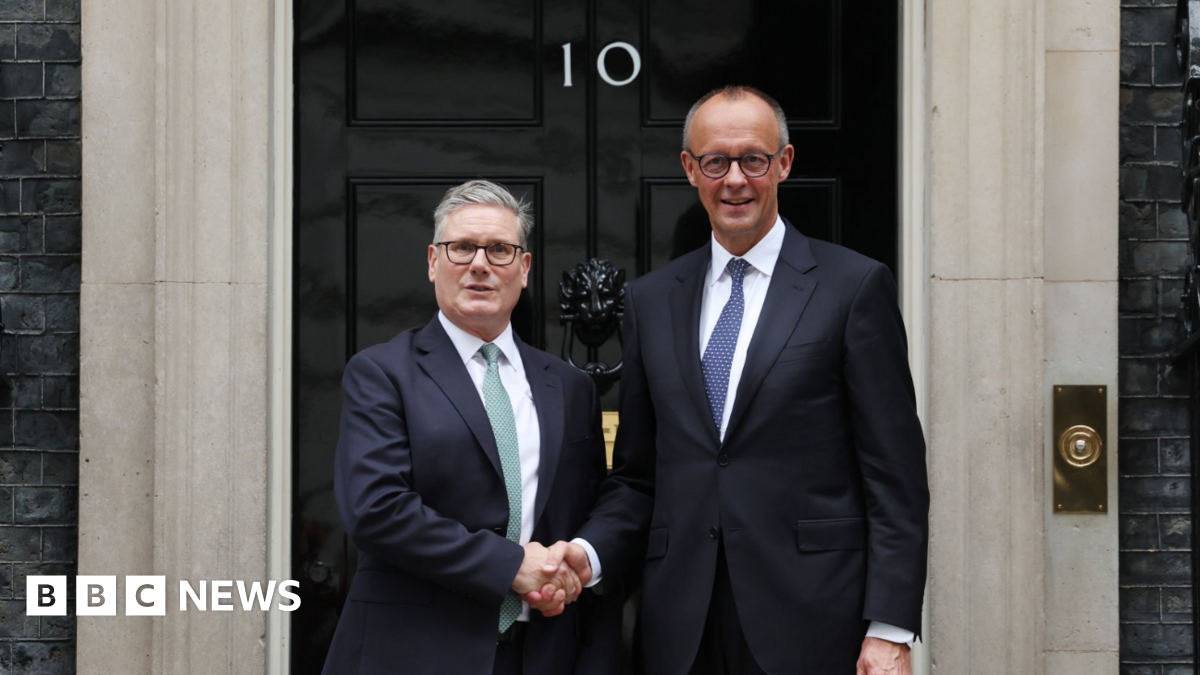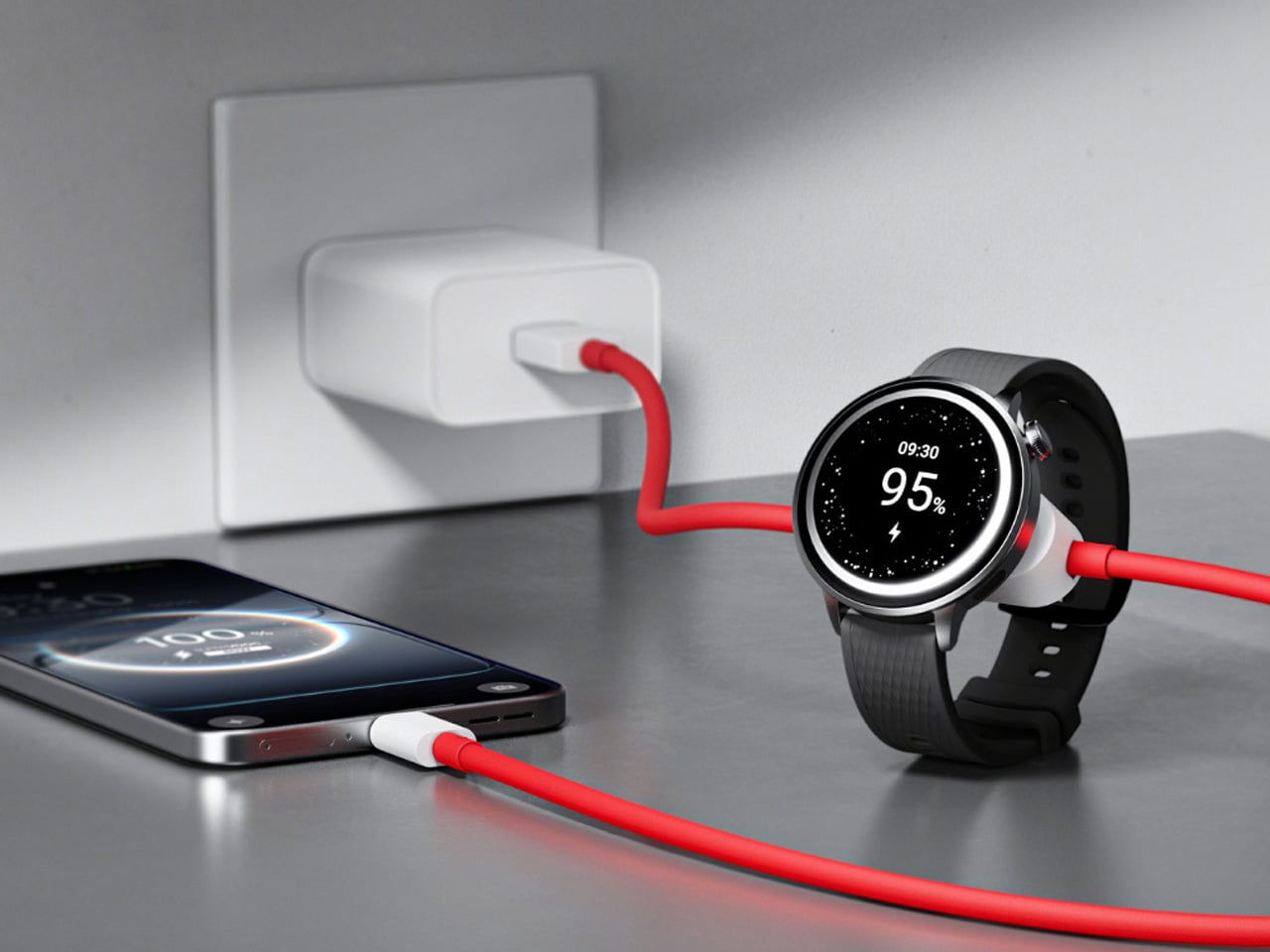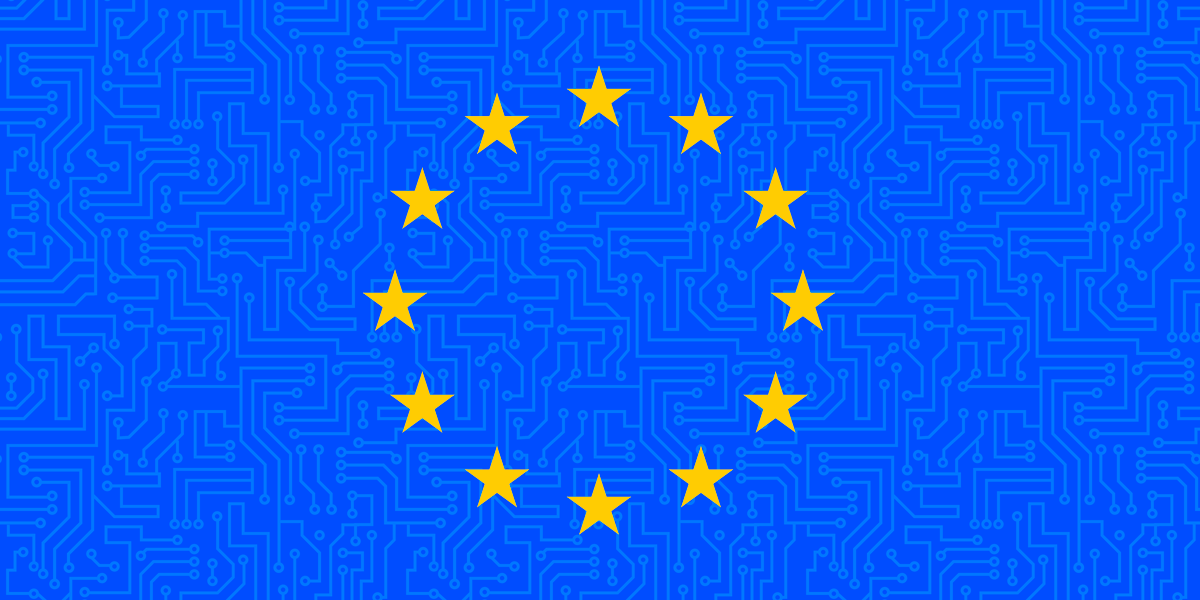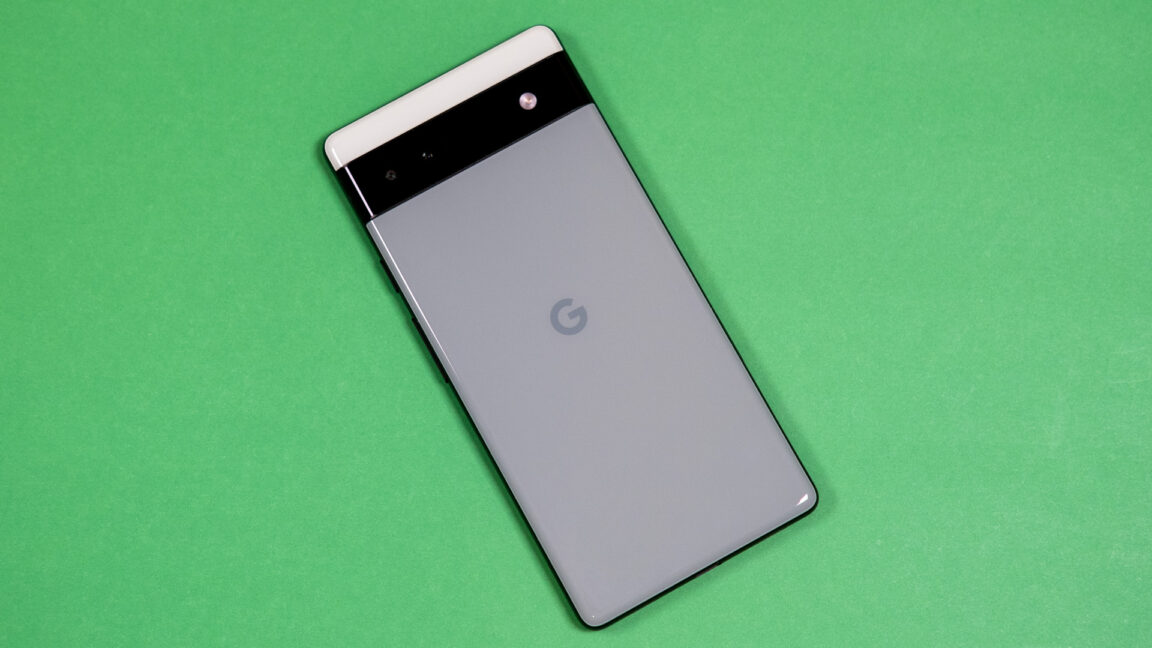Born and raised in London. Just a normal guy with a moral compass.
- 54 Posts
- 81 Comments
I agree with @Illecors@lemmy.cafe . The whole argument in the article is that unfamiliarity is scary. Despite the fact that all other Google products follow a similar model. Google have made it so that Canary is omnipresent and they can drop in and out features as they want for testing. The article writer is like, but at least the old way, we were sure. Even though there’s plenty of times things have come and gone for QPR’s and Developer Previews. It’s moaning for the sake of moaning and now saying very much. It’s actually embarrassing that the author got paid for such an article.

 3·1 month ago
3·1 month agoTouché!

 101·1 month ago
101·1 month agoHow very Conservative of him.

 2·1 month ago
2·1 month agoSadly the prices are increasing across the board rather than lowering.

 5·1 month ago
5·1 month agoPeople still upgrade year on year?

 3·1 month ago
3·1 month agoLet me not misrepresent. As per https://www.europarl.europa.eu/RegData/docs_autres_institutions/commission_europeenne/com/2020/0798/COM_COM(2020)0798_EN.pdf
Waste portable batteries incorporated in appliances that are readily removable by the end user without the use of professional tools shall be removed and discarded by end users in accordance with paragraph 1.

 1·1 month ago
1·1 month agoThey’re tools as per the EU law

 5·1 month ago
5·1 month agoBrussels is to propose a levy on large companies operating in Europe as part of an effort to create new streams of independent funding for the EU’s €1tn-plus common budget.
The so-called corporate resource for Europe, outlined in a draft European Commission proposal seen by the Financial Times, is to be unveiled next week but needs unanimous support from member states to enter into force.
The annual tax would apply to all companies with turnover in excess of €50mn after taking account of subsidies and taxes, what the EU defines as “net turnover”.
All large companies operating in Europe would be covered by the levy regardless of where they are headquartered, according to the draft, and a “bracket system” would require higher contributions from the groups with the highest net revenues.
Other revenue raising measures to be unveiled next week include the EU taking a share of higher tobacco excise duties, a charge for non-recycled electronic waste and a handling fee for long-distance ecommerce packages — a levy that would mainly hit imports from China.
The commission regularly suggests new Europe-wide taxes when proposing the EU’s seven-year budget, but the measures — such as a financial transaction tax — have often failed to secure backing.
Brussels argues the unprecedented nature of the new demands for EU spending — from covering defence ambitions to rising debt interest — require a more radical approach.
But its ambitions for a bigger budget have long faced resistance from net contributors, notably Germany, the Netherlands, Austria, Finland, Sweden and Denmark.
The plans for a levy are likely to enrage corporate Europe at a time when companies are already struggling with sluggish economic growth and high energy costs.
JPMorgan Chase chief executive Jamie Dimon warned European business leaders on Thursday that their companies are “losing” against US and Chinese rivals.
The EU’s last seven-year budget, worth about €1tn or around 1 per cent of the bloc’s gross national income over the period, is largely funded by national contributions but it also features independent sources of revenue, including customs duties and value added tax.
The commission wants to review and potentially increase these existing revenues, such as customs duties, the sale of permits under the bloc’s cap-and-trade carbon market, a levy on carbon-heavy imports and a fee on non-recycled plastic waste, which will increase from 80 cents a kg, according to the draft.
The amounts to be raised remain in brackets in the draft, suggesting that they still need to be agreed within the commission. The proposal is set to be formally announced on Wednesday alongside spending plans in the EU’s next seven-year budget.
The commission appears to have ruled out several other revenue raising options under consideration, including a controversial carbon tax on home heating and road transport, collecting entry fees from the EU’s new border system, and a tax on digital services opposed by the US.
The draft is not final and could still change, officials warned. A commission spokesperson refused to comment on the draft proposals.
The e-waste levy would apply an unspecified charge to the amount of non-collected electronic waste, such as discarded mobile phones and household appliances.
A “handling fee” for ecommerce packages flown into the bloc, to be set by the commission, could also provide an income flow for the budget.
But the proposal remains in brackets, suggesting it remains under active discussion. The tobacco levy would require countries to increase their minimum excise duties.
The commission already collects revenue from the EU’s emissions trading system, which charges industrial players for the amount of carbon dioxide they emit.
Brussels previously planned to take three quarters of the carbon border tax revenues, which will charge importers in six sectors for their emissions from 2026, for the EU’s budget. It expects to collect around €1.5bn from the measure in the first year of operation.

 1·1 month ago
1·1 month agoNope, the law specifically states you have to be able to remove the battery without any special tools.

 21·1 month ago
21·1 month agoOh, you’re right, it’s 2027

 1·1 month ago
1·1 month agoReplaceable batteries from next year.

 1·1 month ago
1·1 month agoI got an update on my 8 Pro. Nothing on my 6 Pro and nothing on my Watch 2

 3·1 month ago
3·1 month agoWhat do you mean?

 12·1 month ago
12·1 month agoIt always comes back to BBC cowardice.

 36·1 month ago
36·1 month agoThis is just another reason to self-host what you can.
That’s fair. I would like to see the current model in Silicon Valley come to end so teams are allowed to iterate and polish and there’s room for genuine innovation rather than chasing numbers. Even this release of Android 16 was only put out to appease shareholders before the release of the Pixel 10 rather than to ship anything.

 5·2 months ago
5·2 months agoInnit!
I’m not saying I want it now, I’m just saying there’s room to evolve. The idea that operating systems are mature and so aren’t exciting is what I’m taking umbrage with. It’s just when you have a small minded conservative at the helm that chases trends and stockholder dividends, innovation is suppressed.
I don’t subscribe to that idea. The Jedi stuff was cool, Material 3 Expressive is cool, adding Monet to Wear OS is cool, the thermometer is cool, the AI that Apple’s added to Apple Health is cool. There’s a tonne of room for growth, it’s just Sundar Pichai lacks imagination.


















They literally support visual voicemail already that does all of this.